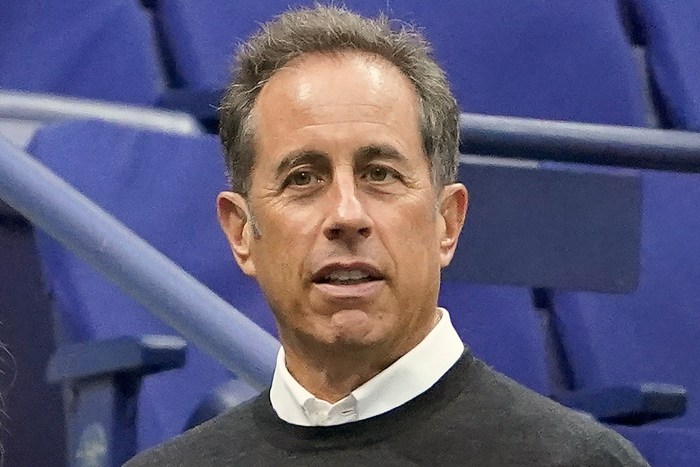Queens elected officials gathered outside Queens Hospital Center to increase the pressure on Governor David Paterson to sign the Hospital Closure Planning Act.
Sponsored by Queens Assemblymember Rory Lancman and Queens State Senator Shirley Huntley, the bill would require the New York State Department of Health to hold public hearings and produce a report on the impact of a hospital’s closure on the surrounding community’s access to medical care, within 30 days of a hospital closing.
Officials are trying to force the governor’s hand by giving him one week to sign the legislation into law.
“A hospital’s closing should not mean the closing off of healthcare services for the surrounding community,” Assemblymember Lancman said. “But that’s what happens unless the state listens to the community and makes plans meeting its healthcare needs.”
If signed, the law would apply retroactively to Mary Immaculate in Jamaica and St. John’s in Elmhurst, that were closed in February 2009.
Thus would result in the first comprehensive analysis of the impact of these closings – and the only planning to date on how to meet the ongoing healthcare needs of affected communities.
Queens Borough President Helen Marshall demanded action from Governor Paterson in light of the burden put upon the remaining hospitals in Queens.
“Hospitals like Queens Hospital and those that remain are strained, over-crowded and severely under-bedded,” Marshall said. “This legislation will shed a public light on any closure plan.”
The state contends that it did not close Mary Immaculate or St. John’s, but rather the hospital boards did so because they were no longer financially viable.
But Marshall said that bankruptcy courts do not take the community into account when deciding on such matters.
“The judge in a bankruptcy court doesn’t care anything about the ethics of what’s happening, all they want to do is cut the deal, she said, adding, “And that’s not enough.”
Senate President Pro Tempore Malcolm A Smith, who represents parts of southern Queens where these closings are having a big impact, cited the nation’s poor economic climate as a reason for the governor to act swiftly.
“Particularly during times of economic distress, we must do everything possible to protect access to essential health care services for all New Yorkers,” he said. “This legislation will help the state develop a comprehensive plan to accurately assess our ability to meet the medical needs of our local communities.”
The bill, submitted to Paterson on September 22, unanimously passed the State Senate on September 10, and passed the State Assembly on June 22.
“This will force the state to come back to the community with a plan on how hundreds of thousands are going to get the healthcare they need,” said Lancman.





























